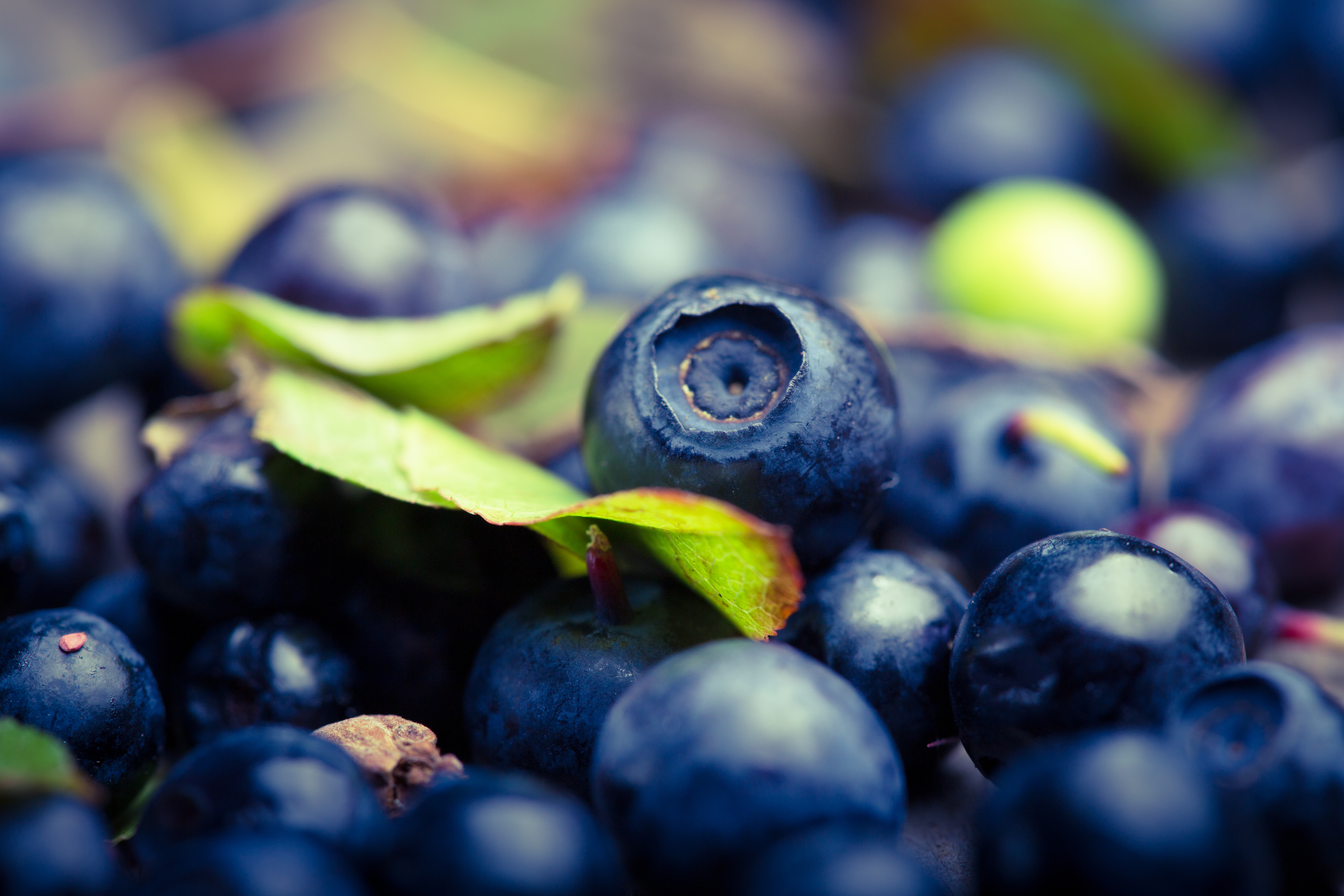The South African blueberry sector continues to grow in volume
A recent BerriesZA symposium demonstrated the levels of optimism and commitment from the South African blueberry industry, according to the organization’s new president.
“The new blueberry crop looks promising right now, but too little is known, but enough to get excited,” says Herman van Dyk, COO of Six33 and new president of BerriesZA.
Herman takes over from Justin Mudge, a blueberry grower who has been a passionate advocate for the sector, especially during last year’s dockworkers’ strike, right at the peak of blueberries.
The early fruit is exported from week 14 to Malaysia, Singapore, Ireland and the UK. Volumes are increasing in the north of the country, but the usual October peak will likely be delayed by ten days to three weeks in some areas.
The heavy rains currently falling in the Western Cape could affect flower formation, but it is better now than September, he notes. Herman says an estimate for this season’s crop is being finalized, but early indications are that it will be higher than the 24.000 tonnes exported last year.
Renewed optimism after two difficult years
“Our symposium three weeks ago was a great success and generated a lot of positive energy. It was encouraging to see how many providers continue to see opportunities in the industry,” says Herman.
“South African farmers are very resilient, we always look for the positive in a situation.”
The expert is convinced of the value they bring to a sector that has gone through two difficult years and has come out of them more mature.
They are putting a lot of effort into two specific areas: the first is to open up new markets for South African blueberries (in that sense, India and Israel are the most advanced and could be ready in twelve months).
Focus on preharvest and postharvest R&D
The other facet is research and development, financed by taxes from producers.
“We are spending a lot of money figuring out how we can best get our product to market. And it’s not just about pre-harvest research, but post-harvest as well. South Africa has a good reputation when it comes to blueberries and that is something we work hard to protect,” she says.
Part of this maturity is due to the fact that the number of new blueberry farms has been reduced considerably.
Old plantings of unprofitable varieties are giving way to new varieties; the availability of varieties by new entrants has changed the dynamics of the sector and has increased healthy competition.
21/06/2023







